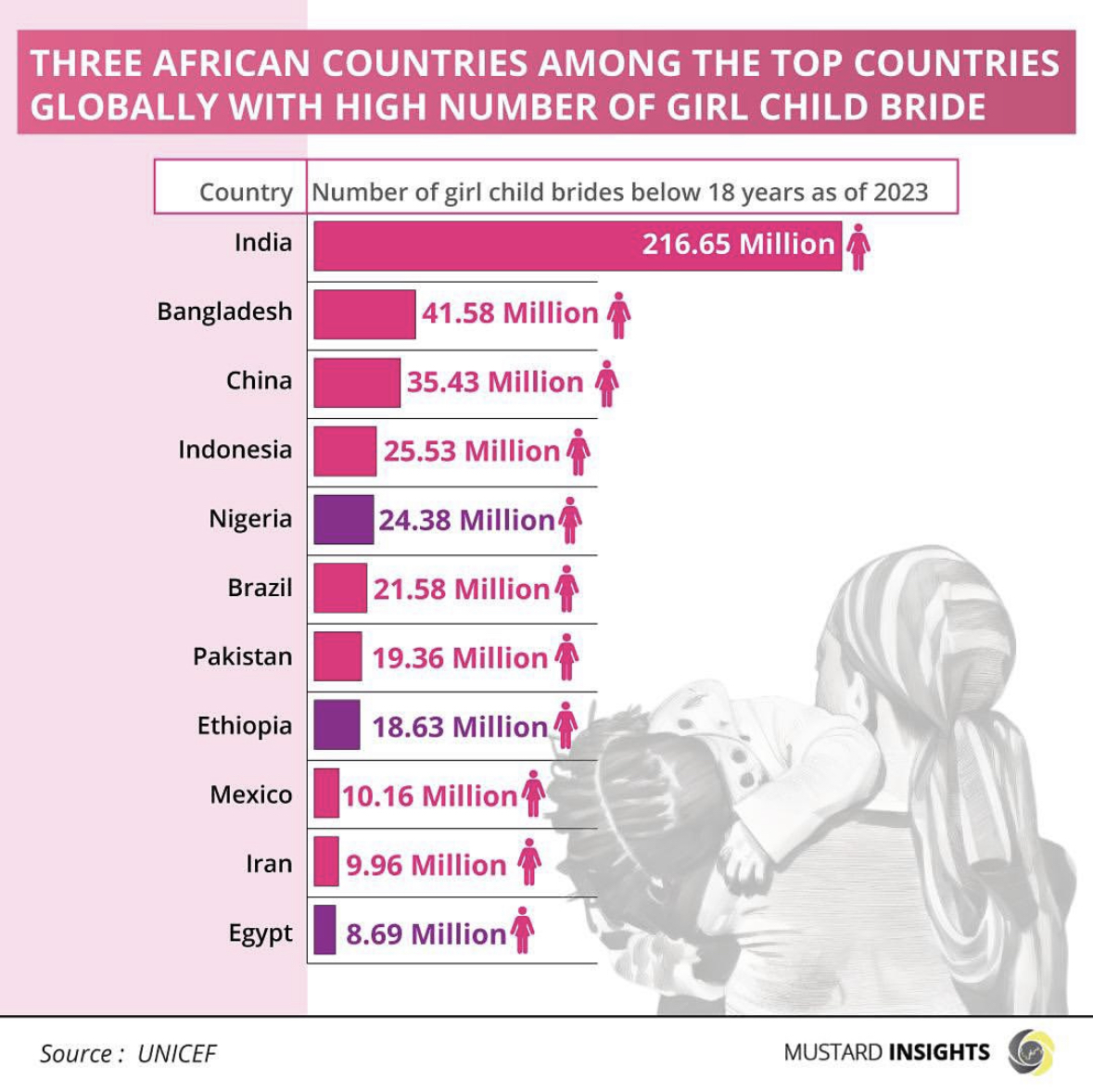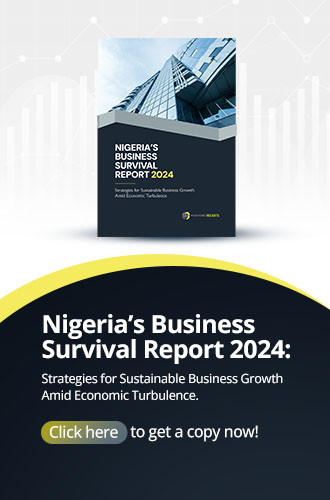
A report from ReliefWeb highlights the alarming prevalence of child marriage across Africa, revealing that approximately 130 million girls and women on the continent were married as children in 2023. This deeply rooted issue continues to impact millions of young girls, often denying them basic rights to education, health, and personal development.
Sub-Saharan Africa bears a significant portion of the global child marriage burden. In this region, 40% of girls are married before reaching the age of 18. This alarming statistic represents a substantial proportion of the global total, as Sub-Saharan Africa accounts for 20% of the world’s child brides. Despite international efforts to combat the practice, child marriage remains a deeply ingrained tradition in many areas.
While Sub-Saharan Africa holds the second-highest global share of child marriages, South Asia remains the region with the highest prevalence. In South Asia, an estimated 290 million girls (45%) are married before the age of 18, highlighting the global scale of this human rights crisis.
The Leading Countries for Child Marriage in Africa
According to UNICEF, child marriage is unequivocally classified as a human rights violation, as it often results in a range of harmful consequences for young girls, including early pregnancies, limited education, and restricted opportunities. In Africa, three countries stand out for having the highest numbers of child marriages:
- Nigeria: 24.38 million girls and women married as children
- Ethiopia: 18.63 million
- Egypt: 8.69 million
These statistics are staggering and illustrate the scale of the challenge faced by these countries in addressing child marriage.
Child marriage remains one of the most pressing human rights issues in Africa, with millions of girls being married off before they reach adulthood. While some progress has been made, significant work is still required to end this harmful practice. Governments, civil society organizations, and international bodies must work together to enforce laws, raise awareness, and provide education and empowerment to girls to break the cycle of early marriage. Only through sustained efforts can we ensure that young girls in Africa and around the world are given the opportunities they deserve to thrive, free from the constraints of early marriage.
Comments
Thoughts?
We won't share your email address. All fields are required.

Mary
4 months agoKenya is another one although things are done under the the table . This is because of poverty